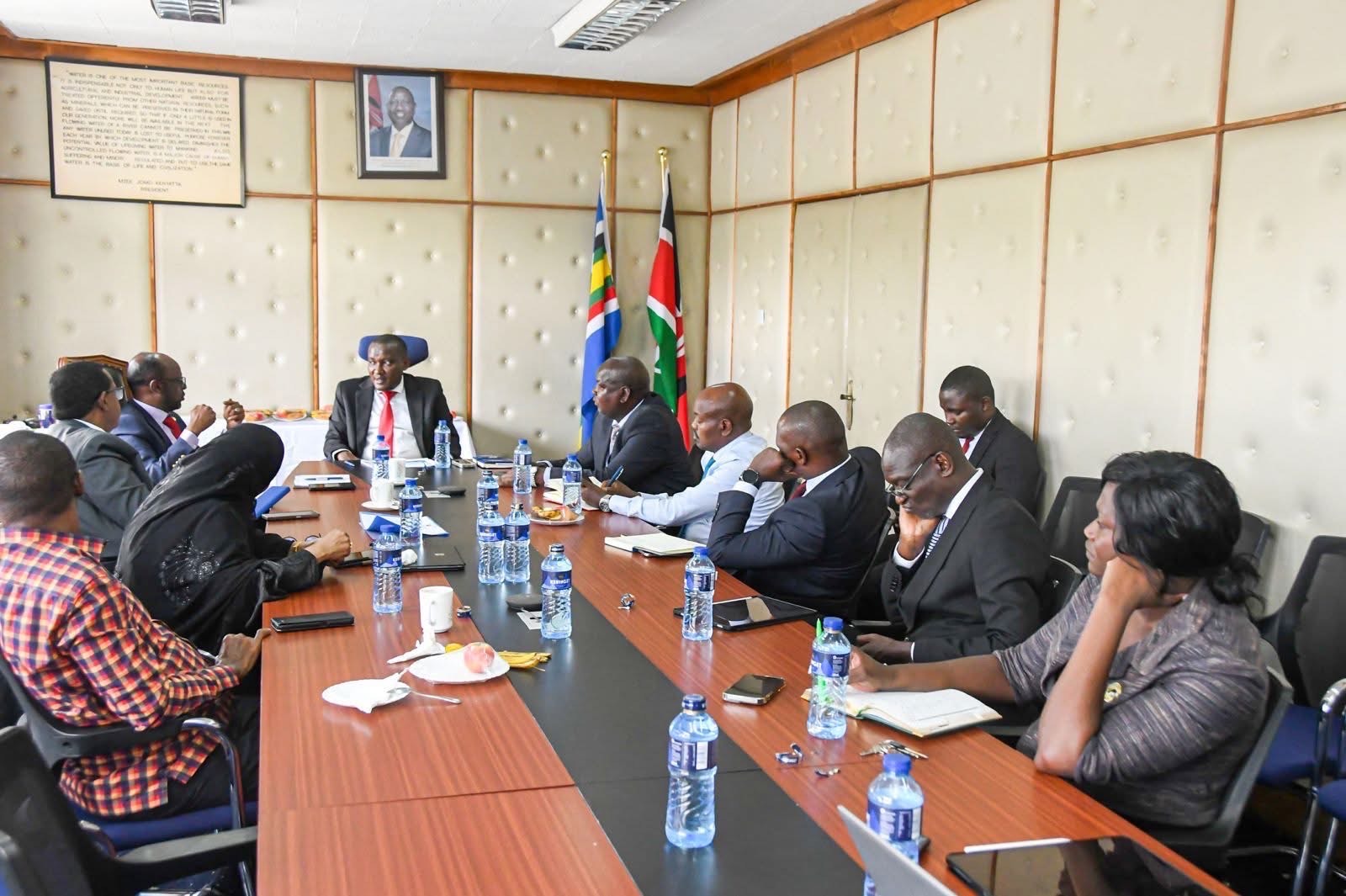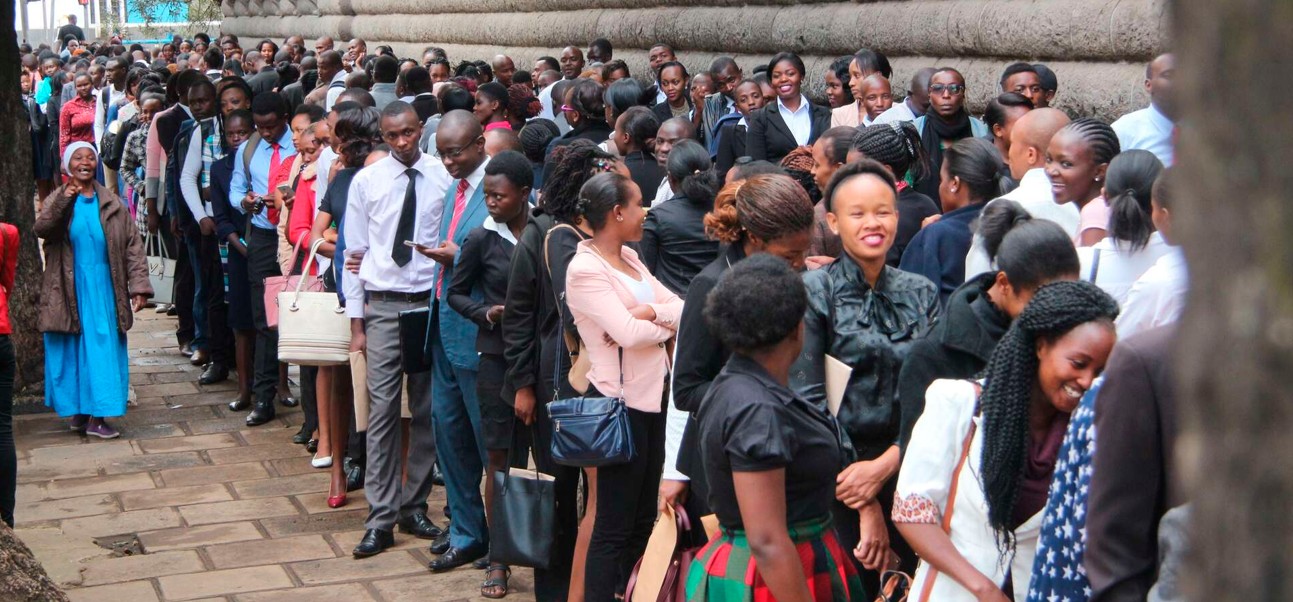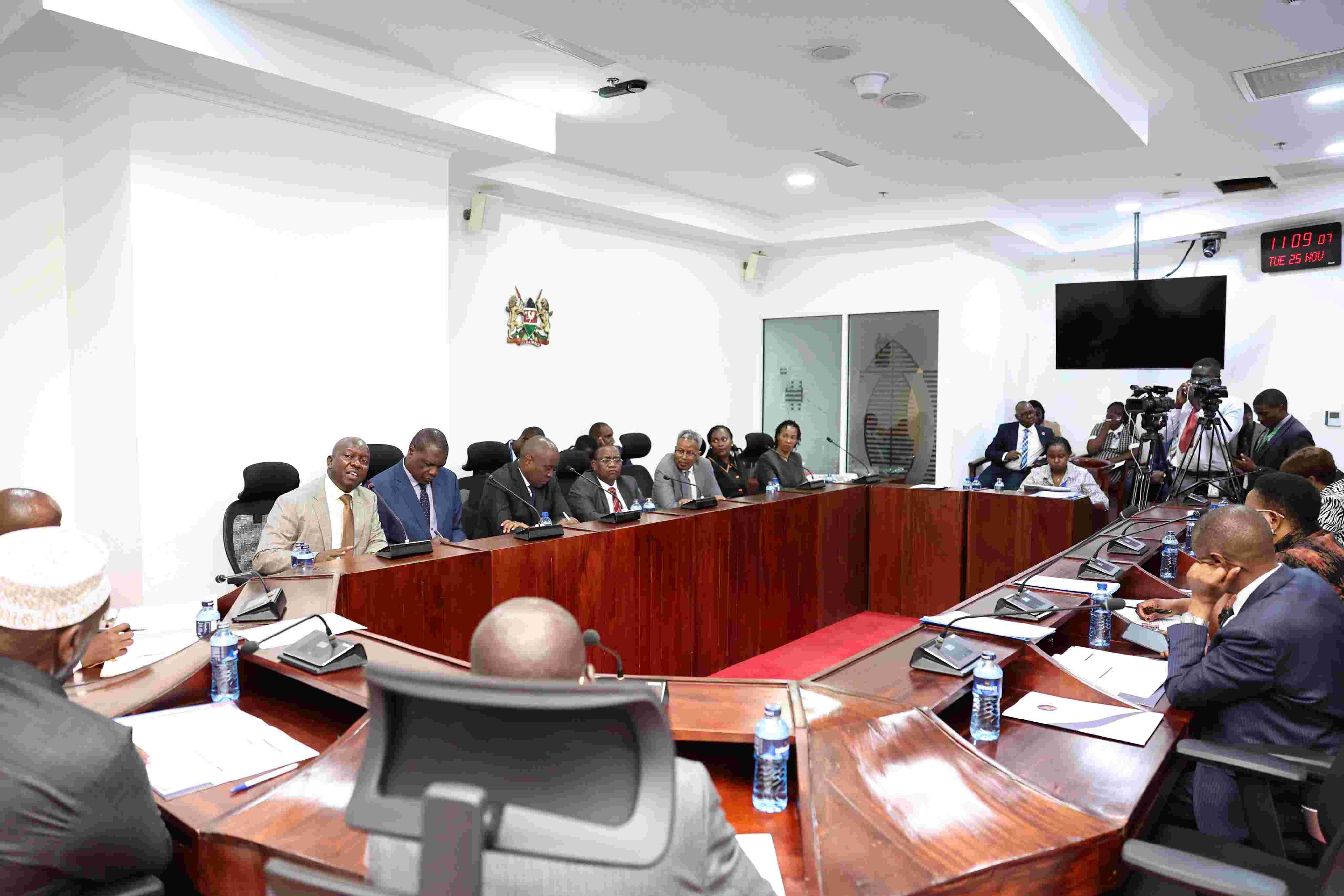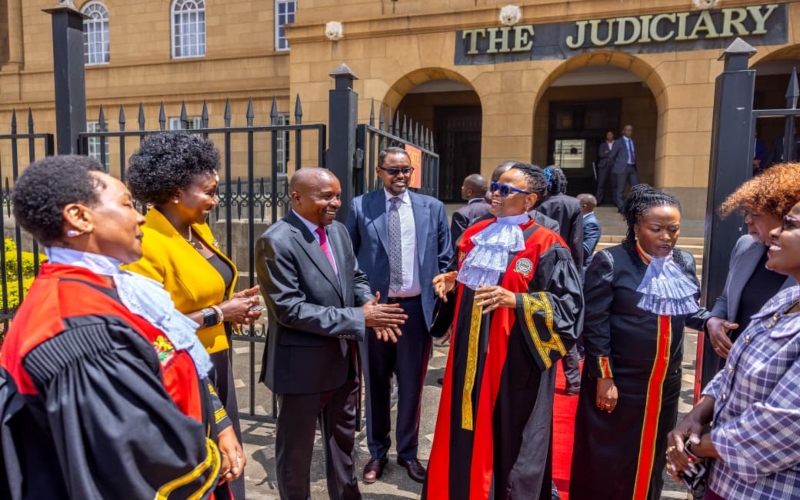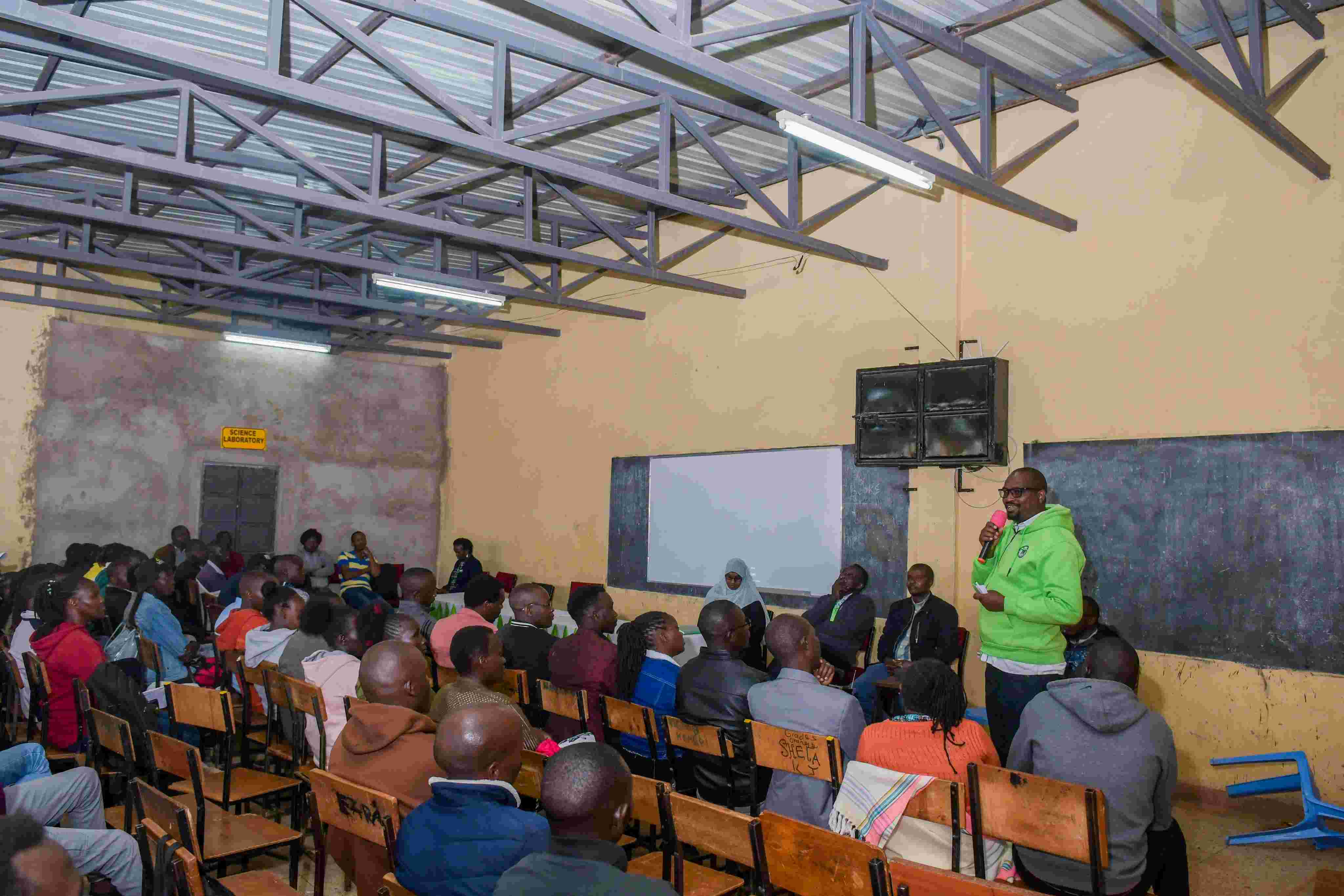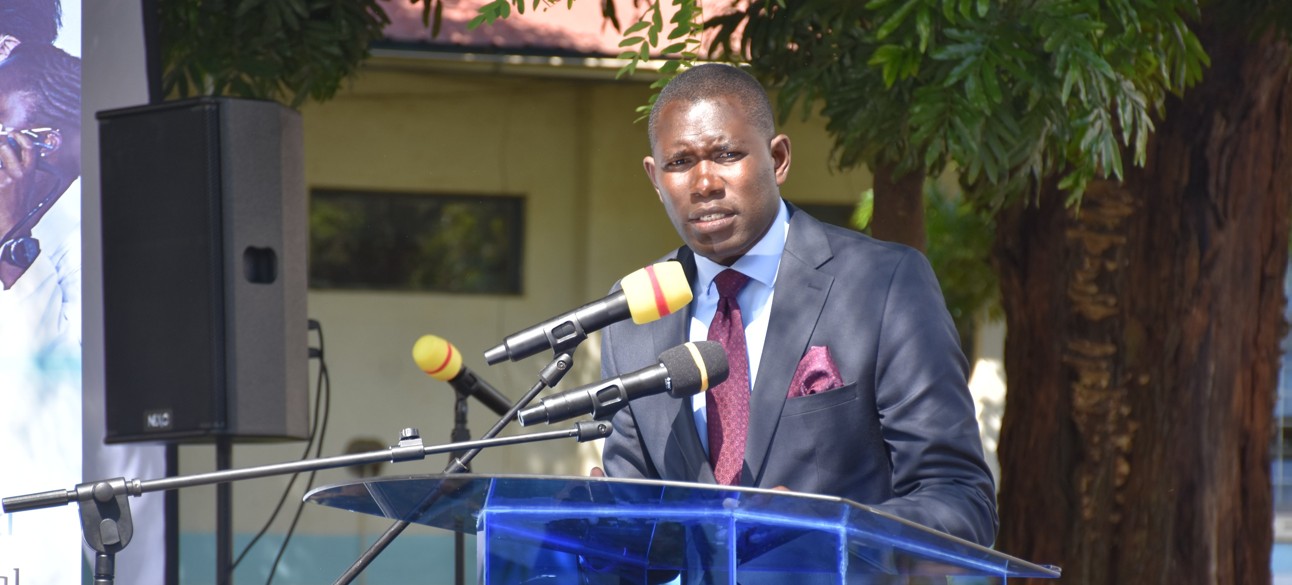Court halts Constitution Amendment Bill assent pending petition by Katiba Institute

In a ruling delivered on Thursday, Justice Lawrence Mugambi said the petition raised serious constitutional issues that could not be dismissed as idle arguments.
The High Court has temporarily halted the transmission of the Constitution of Kenya (Amendment) Bill, 2025, to President William Ruto for assent, pending the determination of a petition filed by Katiba Institute.
In a ruling delivered on Thursday, Justice Lawrence Mugambi said the petition raised serious constitutional issues that could not be dismissed as idle arguments.
More To Read
- Over 31,000 SGBV cases filed as courts improve response, Judiciary Report shows
- Top 10 counties account for 68 per cent of Kenya’s legal cases, says report
- How circuit, mobile courts expanded justice to underserved communities - report
- CJ Koome affirms Judiciary’s commitment to transparency, says trust central to transformation
- Supreme Court Judge Mohammed Ibrahim to retire after 23 years of service
- Koome reports historic 104 per cent case clearance rate, hails milestone for justice access
He held that the doctrine of ripeness did not apply in the matter, affirming that the court had jurisdiction to hear and determine the dispute.
"The risks identified in the impugned Bill are not idle arguments. Suspending what is reasonable serves the public better than proceeding with a doubtful process which could lead to problematic constitutional amendment," Justice Mugambi ruled.
The judge referred the matter to Chief Justice Martha Koome to empanel an even number of judges to hear and determine the petition.
In the meantime, he directed that the Bill should not be forwarded to the President, and if assented to, it would not take effect until the case is concluded.
At the heart of the petition, Katiba Institute contends that the Bill is constitutionally superfluous and seeks to create funds that are inconsistent with the spirit and letter of the Constitution.
The petitioners argue that the Bill and its accompanying public participation exercise are unnecessary and violate the principles of prudence and responsibility in public spending.
They further contend that certain provisions in the Bill require approval through a referendum.
The Institute faults Parliament for failing, for more than 14 years, to enact a referendum law as mandated by the Constitution, insisting that such legislation must be in place before any amendment process can be undertaken.
The case will now proceed to be heard by a bench appointed by the Chief Justice, with its outcome expected to have far-reaching implications on the ongoing push to amend the Constitution.
Top Stories Today


